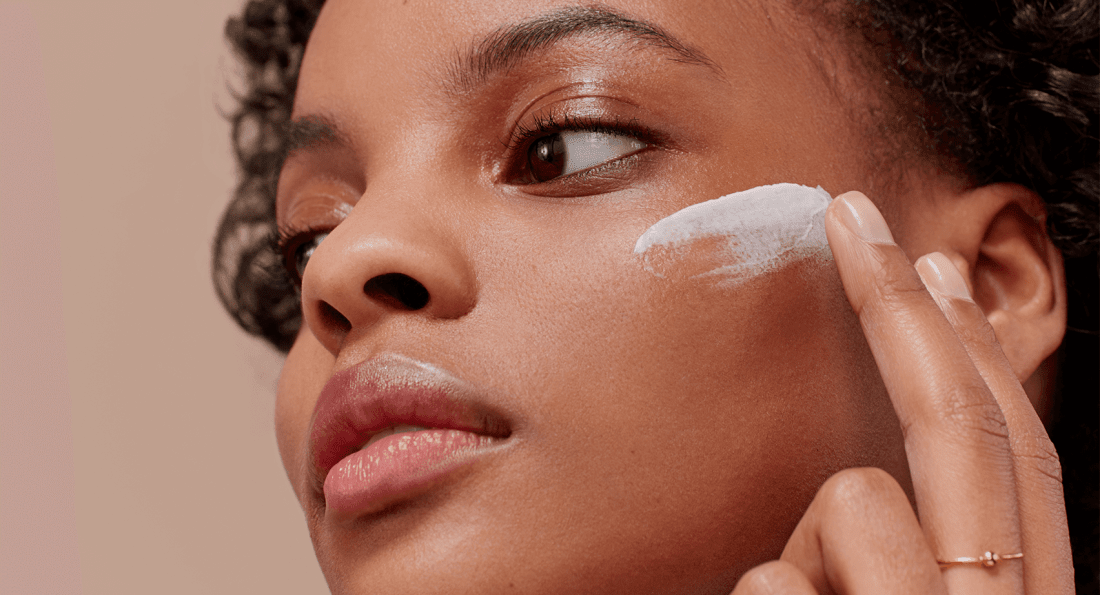As the summer arrives and the sun's rays are at their most intense, it becomes time to prioritize preserving your skin from UV radiation. Sunscreen is your best line of defense against sun damage. But how well do you understand SPF (Sun Protection Factor)? It can be hard to comprehend. This thorough guide provides a beginner's course on the ethos and application of SPF and furnishes tips for selecting your best sunscreen to fit your thought matrices and needs.
Why SPF is Important for Sun-Healthy Skin?
SPF measures how effective the sunscreen is at safeguarding skin from UVB rays, causing sunburn and contributing to skin cancer risk. The higher the number on its bottle, say 30 or 50, the better it repels this kind of harmful invisible radiation. For example, SPF 30 screens out about 97% of UVB rays, while SPF 50 can shield all but one percent.
In any case, take note that SPF only measures protection from UVB rays, not UVA ones. UVA rays penetrate deeper into the skin, causing premature aging, wrinkles, and skin cancers. To protect against all this trouble, look for broad-spectrum sunscreens that shield off ultraviolet rays.
How to Choose the Right SPF
It is necessary to choose the correct SPF for your skin depending on skin type, sun sensitivity as well as what kinds of activities you participate in outdoors. Here are some general guidelines to help you pick the best SPF for you.
- Fair or sensitive-skinned people: A high SPF such as SPF 30 or above is recommended because it protects the skin from getting sunburned and causing skin damage. Also, use more if your skin is particularly vulnerable to burning.
- Outdoor activities: If you spend long periods outdoors or take part in waterborne sports, chlorine-based swimming pools would be a good example of this, then you should have a water-resistant sunscreen that has a higher SPF. This way, your protection will last longer.
- Everyday use: For everyday wear and incidental sun exposure, sunscreen with SPF 15 or more is sufficient, particularly if most of your time is spent indoors.
Apply sunscreen generously and reapply every two hours or more if swimming or sweating heavily. Sunscreen should be applied to all exposed skin, including the face, neck, ears, and hands, and repeated throughout the day to ensure continued protection.
Benefits of Sun-Healthy Skin
Maintaining sun-healthy skin requires more than just avoiding sunburn; it's also essential for general skin health and reduces the risk of skin cancer.
The following are the benefits of checking your exposure to sunlight:
- Avoid sunburn: Protect your skin from sunburn with sunblock and the proper SPF. Protecting you from the burning redness, peeling and blisters. Sunscreen also keeps out damaging UV rays, which is the cause of short-term damage to your skin after overexposure of too much sunshine.
- Prevent premature aging: UVA rays create premature aging wrinkles, fine lines, age spots. A broad-spectrum sunblock prevents photoaging, which is the result of UVA rays (it blocks them) and helps to protect skin from losing collagen and elastin fibers via oxidation. Regular use of sunblock means that your skin is well maintained; it remains supple, smooth and radiant.
- Reduce the risk of skin cancer: Overexposure to the sun increases the danger of skin cancer, including melanoma. Sunscreen helps lower this threat by separating UV radiation from the skin and preventing harm to DNA details in your skin cells. Using sunscreen every day and making sun-safe habits, such as looking for shade or wearing protective clothing, reduce your probability of acquiring skin cancer or other sun-related diseases.
- Maintain skin health: Sun-healthy skin is stronger against sunburn and premature aging and maintains its overall health and form. Protecting your skin from UV harm, sunscreen keeps its natural barrier function intact, preventing it from losing moisture and tightening up. Consequently, members can have healthier, sturdier skin that appears its best.
5 Tips for Sun-Healthy Skin
Here are some tips for taking care of sun-healthy skin besides using sunscreen:
- Limit sun exposure: During the peak hours between 10 a.m. and 4 p.m., protect yourself with an umbrella or awning that keeps you out of direct UV radiation.
- Wear UV-protective clothes: Cover with lightweight long-sleeved shirts, hats, and sunglasses; more woolen fabric that protects against ultraviolet rays. Cover yourself from the sun with clothes that block out UV radiation.
- Use sunscreen every day: Apply a broad-spectrum sunscreen with SPF 30 or higher to all exposed skin, including the face, neck, ears, and hands. Remember to reapply sunscreen every two hours or more if you are swimming or sweating heavily.
- Drink more water: Keep the water that your skin needs to stay hydrated and in good condition. Healthy skin can better resist sun exposure than skin lacking moisture; lack of fatty acid can also be a leading culprit here.
- Let your lips have some protection: Put on a lip balm or lipstick that contains sunscreen (SPF). Lips are often left out but need safeguarding from the sun's rays just like other parts of your body; you can avoid some of the effects it has caused on them in this way.
The Bottom Line
Protecting your skin from the sun is essential for maintaining overall health and reducing the risk of sun damage and skin cancer. Knowing what SPF means and finding just the right sunscreen to match your needs is crucial in keeping your skin sun-healthy. With proper sun protection practices—applying sunscreen every day, taking shade, and wearing protective clothing like sunglasses (and sunhats)—you can enjoy the sun without worrying about your skin.











